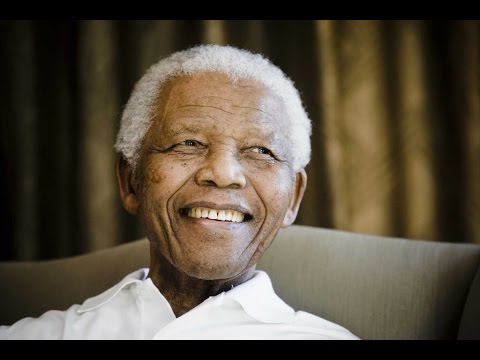
Charles Darwin, Mahatma Gandhi, Helen Keller, Susan B. Anthony, Sojourner Truth, Nelson Mandela. What do they have in common? They were all people who questioned a system or a way of thinking and dedicated their lives to changing it. They were independent thinkers.College is an ideal time for you to start becoming an independent thinker. Here are some of the reasons why you should become one:
Helps build self-confidence
Being an independent thinker actually requires a certain level of self confidence to begin with. Independent thinkers not only question their peers but they also question authority, be it parents, professors or governmental institutions. It can often take a great deal of courage to question these different authority figures and without self-esteem and self-confidence, the intimidation factor may be too great to overcome.
Helps establish you as a leader in other’s eyes
Being unafraid to challenge or question established thoughts and beliefs automatically sets you up as a leader. Anyone who has the courage to voice their opposition to the status quo becomes recognized for their intellectual abilities and courage. These are two important traits of any leader.
Helps you develop your leadership skills
Once you’re seen as a leader by others, you will automatically be asked to give more in-depth explanations of why you challenge X position and what your alternative is. You may be in the center of fierce debates where you’ll have to stand your ground. You may suddenly have people wanting to follow you and you may need to administrate your new team. Others may seek you out for advice or guidance. The level to which you’re able to defend your position and guide others will determine how far you go with your leadership abilities.
How you can develop your independent thinking skills:
Begin questioning
This is the first and most essential step which is to question things that are taught to you. This is not the same as critical thinking, which is simply analyzing something you’re learning. Independent thinking means that you question the root and basis of a statement or idea. Why is X this way? Why is this considered the correct way to do something? What are the alternatives?
Take on leadership positions
By taking on leadership positions in clubs, sports teams or student body positions, you put yourself in a position where you have to defend your thoughts against other strong personalities or thinkers. It forces you to analyze your positions more deeply and to be more flexible in your thinking as you deal with others. It also requires you to motivate and inspire others on your team and to take on problems with higher authorities.
Write down your thoughts and share them
Become skilled at writing. Almost all independent thinkers and leaders have written articles and books and given speeches on their subject. The written word is a powerful tool for you to collect and define your thoughts and share them with others. The sharing part is key as it will expose your thoughts to a wider audience where you will encounter both support and conflict. Both are necessary for you to develop your leadership skills- to shepherd those who are aligned with you and to successfully defend your position to those who are against you. Criticism is also key to helping you hone your thoughts. Some criticism may be valid and you may want to consider adjusting your position if it provides a stronger and more thorough basis for your argument.
Become an expert at conflict resolution
Conflict-resolution requires some very important skills including the ability to stay calm and not take things personally, to identify a problem accurately without laying blame at anyone’s feet and to take responsibility for your part in the situation. Independent thinkers will often come into conflict with others. In order to exchange ideas, it’s important to know how to facilitate a peaceful conversation and be able to respectfully hear other’s opinions.
Read
Choose one or more mentors and read their biographies, speeches and other written work. Study them and examine the ways they succeeded, how they overcame barriers to their ideas, and how they dealt with conflict and setbacks. Becoming aware that success often comes as a result of repeated failure is an important lesson to learn early. Independent thinkers often have a road full of challenges ahead of them. Knowing that others also faced such challenges can be a comfort in difficult moments.
Probably the most recently celebrated independent thinker in the US is Steve Jobs. If you’ve read his biography or articles about him, you’ll likely recognize most of the above traits.
image credit: youtube.com
